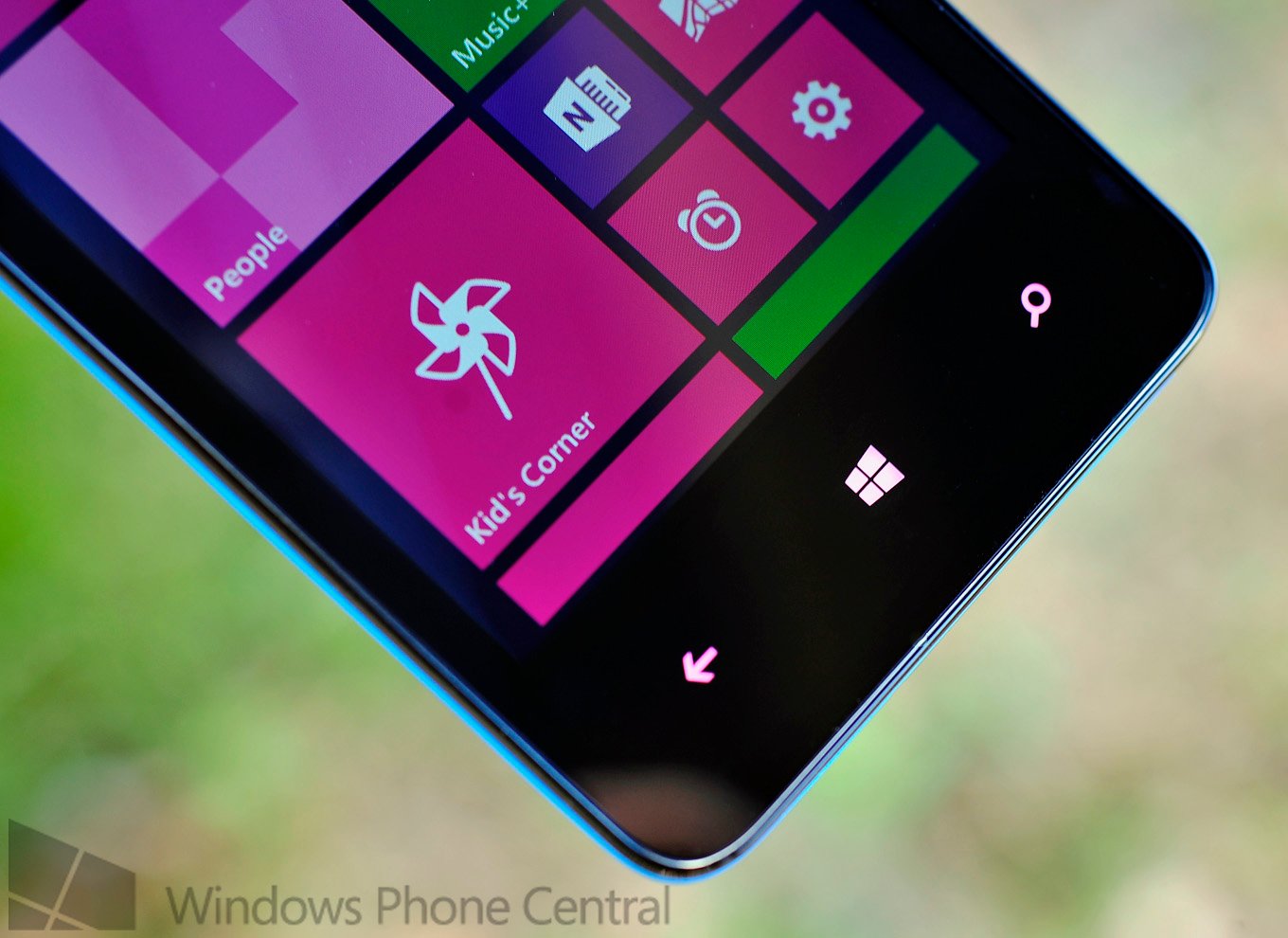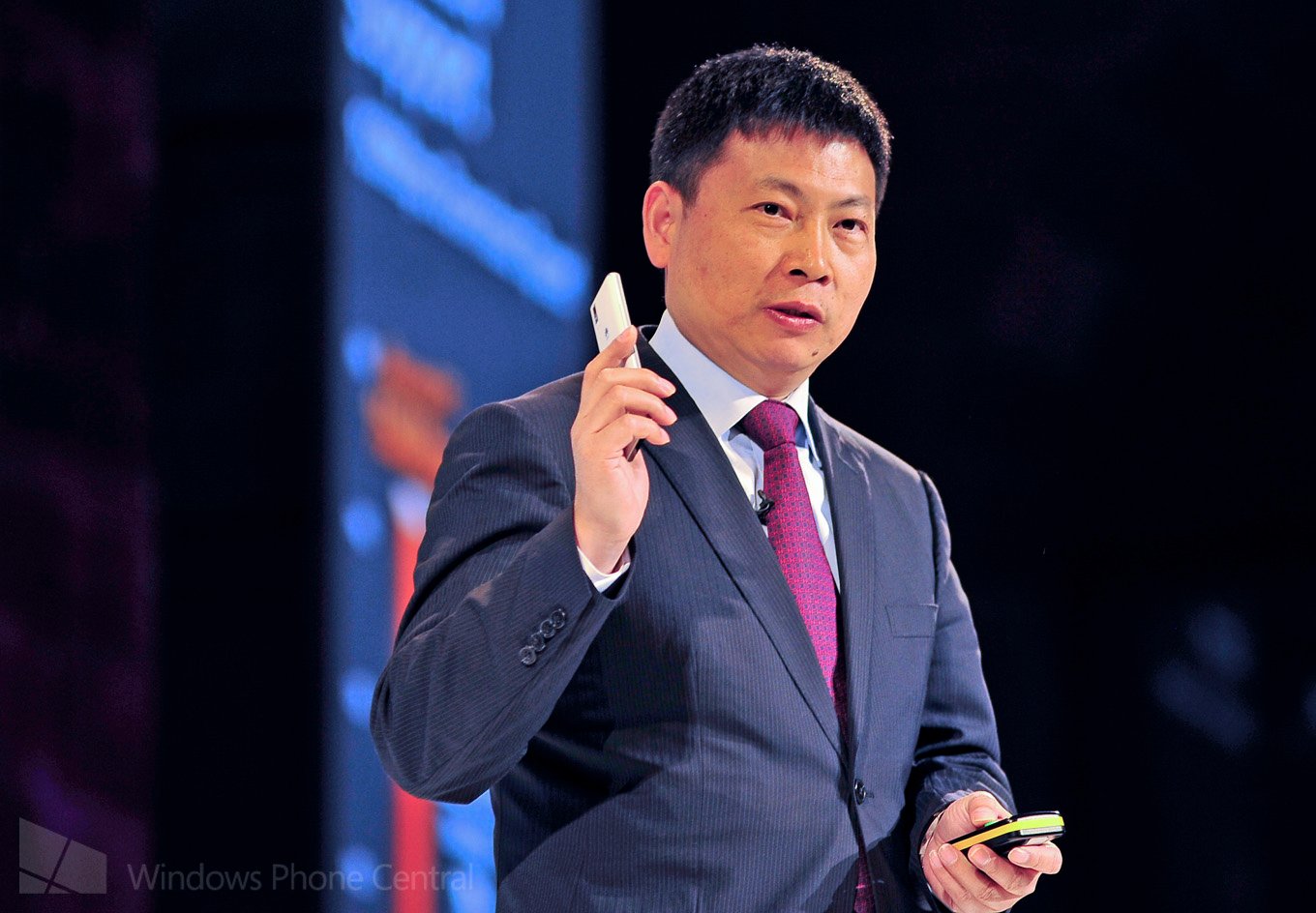Huawei reverses course on dual-boot Windows, Android phones, won’t do them now

Just this past weekend it was reported by TrustedReviews that Huawei – who makes low-cost Android and Windows Phones – would be making a single, dual boot version for later this year. However, FierceWireless now has a statement from Huawei, and they’re back peddling on the plans, effectively cancelling the device.
In a statement to FierceWireless, Huawei said:
"Huawei Consumer Business Group adopts an open approach towards mobile operating systems to provide a range of choices for consumers. However, most of our products are based on Android OS, [and] at this stage there are no plans to launch a dual-OS smartphone in the near future."
That contradicts an earlier statement by Huawei device CMO Shao Yang who claimed such a device was in the works and would be released in Q2, even in the US market. Huawei also reasserted their interest in Windows Phone, noting if people want them, they will continue to make them.
It’s not clear what exactly made Huawei change their minds, though it’s probably not consumer feedback. Microsoft and perhaps more so Google, are probably not fans of such dual boot options. Indeed, Google has been fairly aggressive about blocking such attempts, even with proposed dual-boot Windows 8 machines.

Huawei's CEO
The idea of a phone that boots either into Android or Windows Phone on paper seems like geek’s dream, but in reality, it’s a pretty rash idea that will only appeal to niche audiences. Having to reboot your phone to do load one OS versus another would have a certain novelty effect, but having dual Stores and choosing which one is preferred is probably just too much choice for consumers. And while there are differences between Android and Windows Phone, those differences in the scheme of things are quite minimal when you consider basic functions that people are using their devices for these days.
Huawei isn’t the first company to claim they’re working on a dual boot phone. Recently announced Microsoft partner Karbonn, who makes low cost devices in India, also said they would pursue this twofold path. Asus as well for Windows 8.1 and Android, who also backed down.
All the latest news, reviews, and guides for Windows and Xbox diehards.
Finally, let’s keep in mind that we’re dealing with firms who play loose and fast with their public relations. Saying things publicly only to deny them days later is a mistake by less professional companies, one that signifies attention getting. Because of that, we’re taking the view that until we see a dual boot phone, we won’t believe it. You should too.
Source: FierceWireless

Daniel Rubino is the Editor-in-Chief of Windows Central. He is also the head reviewer, podcast co-host, and lead analyst. He has been covering Microsoft since 2007, when this site was called WMExperts (and later Windows Phone Central). His interests include Windows, laptops, next-gen computing, and wearable tech. He has reviewed laptops for over 10 years and is particularly fond of Qualcomm processors, new form factors, and thin-and-light PCs. Before all this tech stuff, he worked on a Ph.D. in linguistics studying brain and syntax, performed polysomnographs in NYC, and was a motion-picture operator for 17 years.
